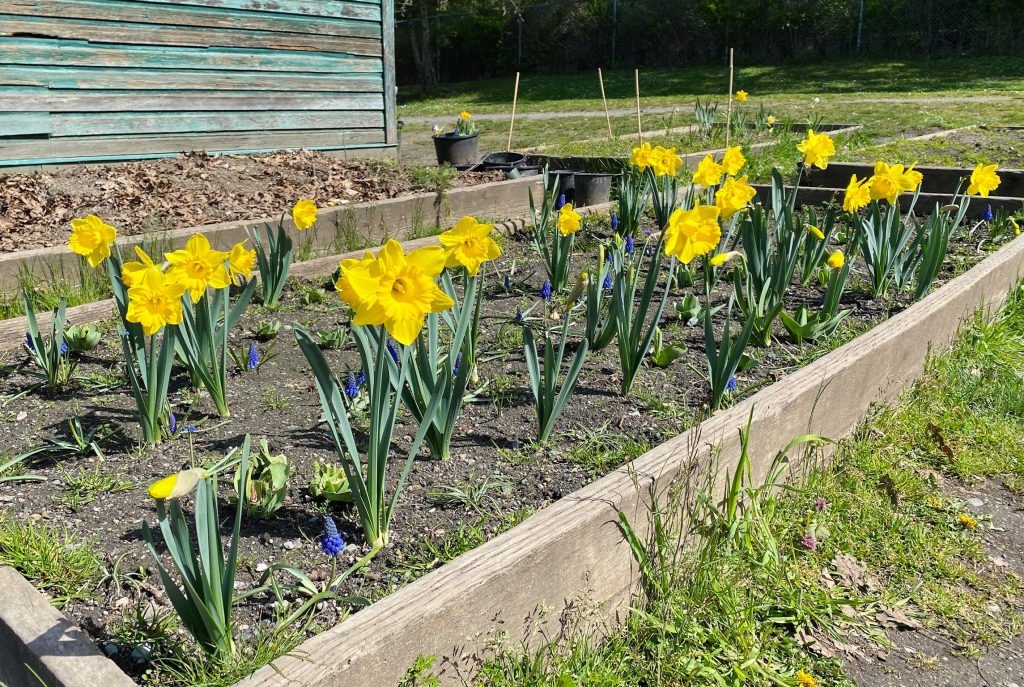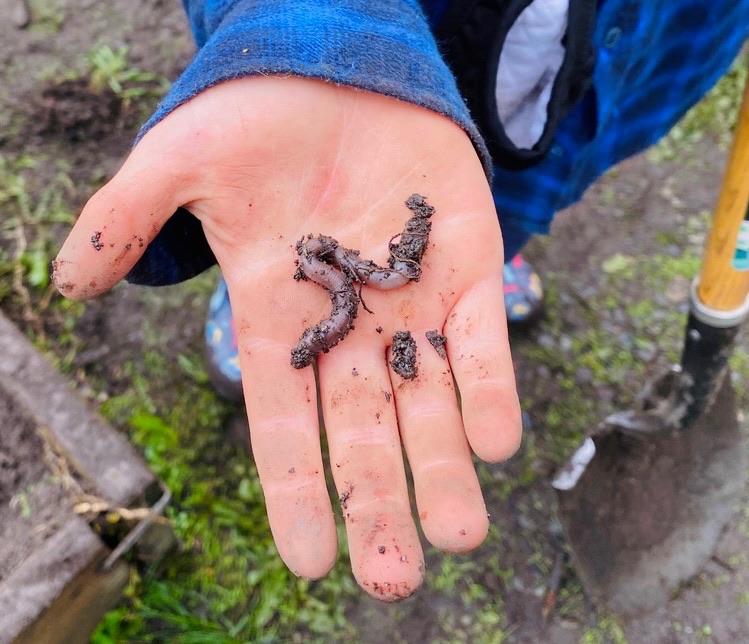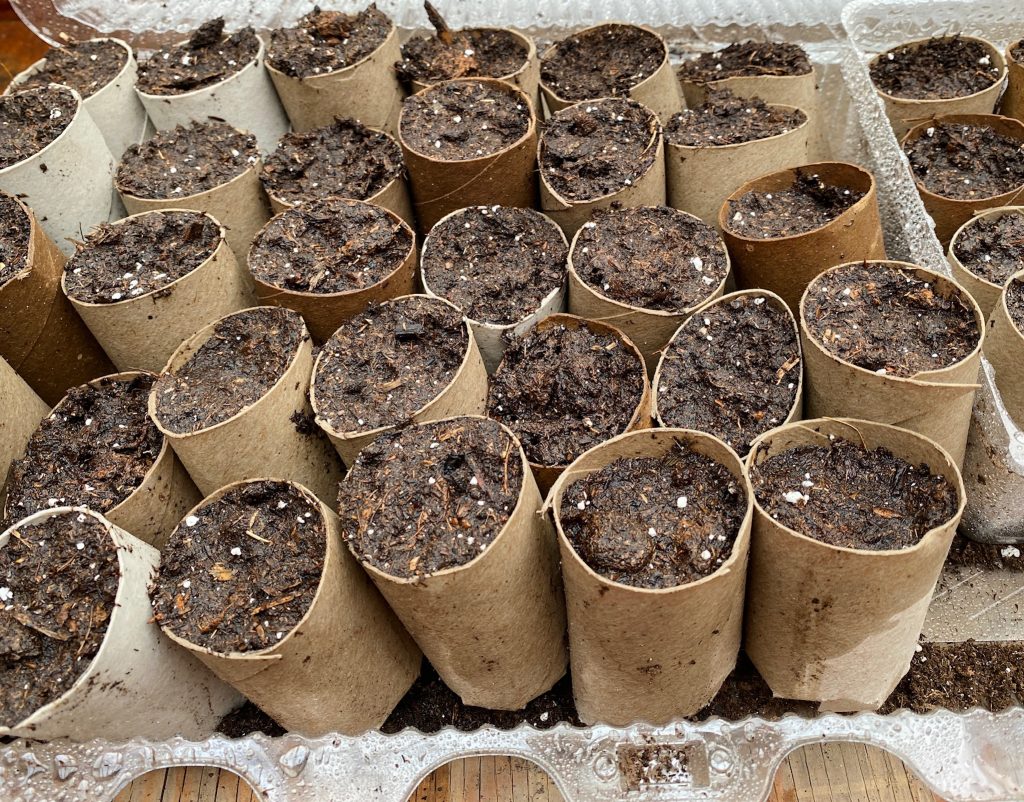
A School Garden has been a secret therapist & teacher at our school. Not so many people pay attention to it, but it supports children’s social well-being while they move their bodies.
School can be quite stressful, especially when children are building social skills. Some may have diverse needs like ADHD, Autism Spectrum Disorders, anxiety or language barriers. Don’t forget, we all have days that we just don’t feel good about ourselves.
But why gardening for kids?
In this article, I’ll talk about the 5 benefits of a school garden for children’s well-being.
How can a school garden support children’s social well-being?
5 benefits of a school garden for kids
- cooperation (friendship)
- non-judgemental environment
- problem solving skills (resilience)
- process oriented learning
- sparks curiosity
Now you know the 5 benefits, we’ll look into each benefit.
1. Cooperation (Friendship)
Everywhere in the garden, cooperation is necessary. Whether digging, watering, or seeding, children need to work as a team to get things done and have fun. Whether for time-saving or satisfaction, they share the hands-on experience and a sense of responsibility.
For instance, when a couple of children were loosening up the soil, others transported worms into a safe spot. While they worked as a team, they also formed new friendships. Otherwise, they never would have.

2. Non-Judgemental Environment
Nature is all about living in harmony. While children are out in the garden, they can probably feel relief from typical stressors. There is no expectation or comparison for children to be stressed about. Well, except one thing – dirtier is better! That often leads to happy laughter.
This non-judgemental environment encourages children to be who they are and accept others as well.
3. Problem Solving Skills in a School Garden
Another benefit is problem-solving skills. Many of you understand how frustrating gardening can be. Whether animals, diseases or climate change, there’s always some kind of problem needing to be solved.
For instance, the students and I wanted to be as Eco-Friendly as possible. So we challenged ourselves to think out of the box to come up with a solution. On one occasion, we created a plant incubator from a plastic container and planters with toilet rolls.
Other times, the problem is deers and bunnies. So we created a fence with sticks and twigs to protect our plants.
With our creative minds, we often manage to solve a problem. And that makes us more resilient in life.

4. Process Oriented Learning
In a fast-paced society, we’ve become more impatient, and children aren’t the exception. They want instant answers or results without understanding ta process.
Unlike a Google search, gardening requires time, care, and patience. All children will face obstacles in their lives, and learning to develop longer-term coping strategies will be of great benefit. Whether building a friendship or becoming a pro athlete, it takes time, patience and many small steps.
Imagine if children only focused on instantaneous results in life. Understanding a process is so important for their social well-being. And a school garden can definitely help them with that!
5. Sparks Curiousity
Last but not least, gardening sparks children’s curiosity. Who doesn’t get fascinated by the life cycles and ecosystems? And realizing that we’re also a part of nature! That by itself creates infinite curiosity to understand our world.
A few weeks ago, one of the students excitedly told me about jumping worms. Since the beginning of the Go Green Club, he’s been fascinated by worms. So he wanted to know more about them. Finally, he had some time to look it up and found out about the invasive worms.
The gardening definitely sparked his curiosity. Shortly after, he shared his new discovery with his classmates. Imagine how good he felt about himself?

In conclusion, the school garden supports children’s social well-being. As a result, children gain a sense of belonging, confidence, resilience, patience and creativity, which improves how they feel about themselves. Children often leave the garden with smiles on their faces!
Finally, my wish is to see more schools providing gardening opportunities for children to learn & grow.
Thank you for reading!
with Love & Care❤️
Kumiko